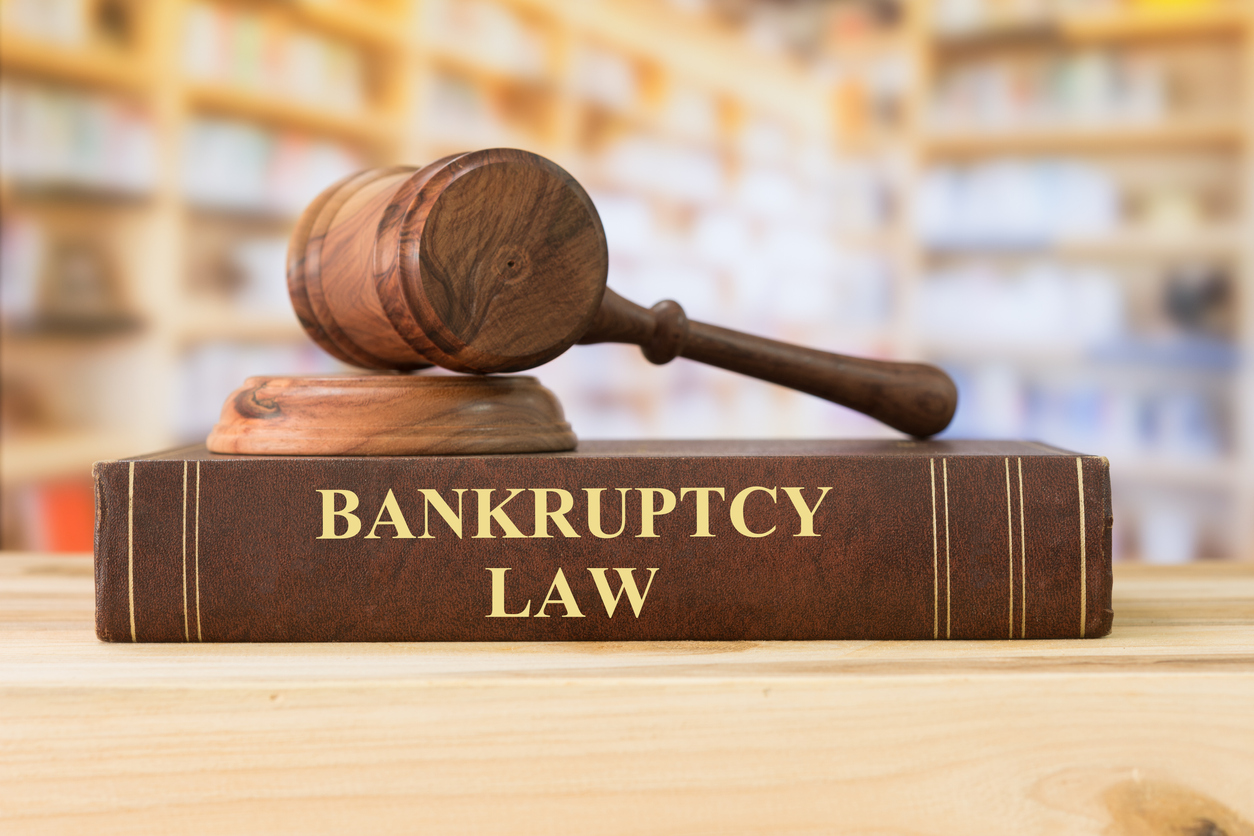
IBBI Regulations on Insolvency Professional Agencies, 2016
Regulating Insolvency Professional Agencies for development of the insolvency professionals’ industry
The Insolvency and Bankruptcy Code, 2016 (Code) adopts a “regulated self-regulation” model and a two-tier regulatory structure for the regulation of the insolvency profession. The Insolvency and Bankruptcy Board of India (IBBI) acts as the principal regulator and multiple functionally autonomous bodies being Insolvency Professional Agencies (IPAs) act as frontline regulators. The IPAs are, in turn, regulated by the IBBI. The primary function of the IPA is to set minimum standards of conduct for the Insolvency Professionals (IPs) through its bye-laws. For registration as an IP, it is mandatory to enrol with an IPA first, therefore, every IP is subjected to the bye-laws of the IPA in addition to the IBBI regulations on IPs. The Insolvency and Bankruptcy Board of India (Insolvency Professional Agencies) Regulations, 2016 (IPA Regulations), provides for the regulation of IPAs. Under IPA Regulations, a company registered under Section 8 of the Companies Act, 2013 which fulfils the specified requirements can register as an IPA. Presently, three IPAs are registered with the IBBI. Further, in addition to the IPA Regulations, IBBI also notified the Insolvency and Bankruptcy Board of India (Model Bye-Laws and Governing Board of Insolvency Professional Agencies) Regulations, 2016. These regulations provide rules for the Governing Board or the Board of Directors of the company registered as an IPA. The Governing Board should have a minimum of seven directors, consisting of the managing director, independent directors, and shareholder directors. It also provides for the model bye-laws for IPA. The bye-laws of the IPA should provide for all matters specified in the model bye-laws and be consistent with them.




